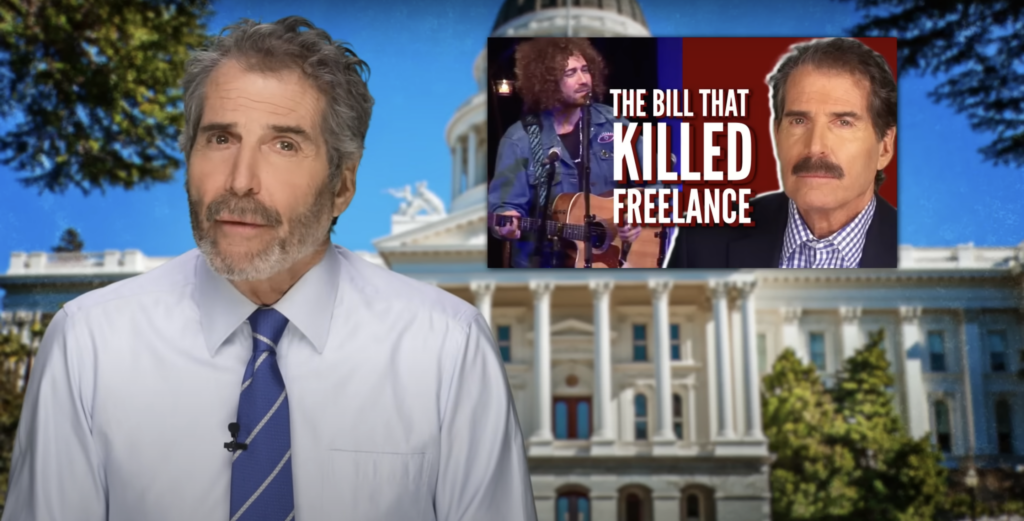Pam Raphael arrived at the Arizona State Capitol with ice-cold treats and a fiery determination on Tuesday afternoon. Despite her mission to deliver her frozen prickly pear and lime pops, her attention was consumed by a recent ruling from Arizona’s highest court that upheld a law dating back to 1864, which effectively banned almost all abortions.
“I am appalled,” expressed Ms. Raphael, 50, as she made her way to a rally where Democrats were protesting the decision. She firmly stated, “It is not anyone else’s business to dictate a woman’s choice to have an abortion.”
The court’s decision to restrict access to abortion in a crucial battleground state sparked strong reactions from Arizonans across the political spectrum, eliciting emotions ranging from jubilation to disgust.
While some conservative voters and staunch opponents of abortion viewed it as a win for women, many Democrats, moderate independents, and some Republicans believed that the Arizona Supreme Court had overstepped its bounds. However, the impact of the decision on the upcoming presidential election remained uncertain.
Critics argued that by reviving a century-old law that only allows abortion in cases where the mother’s life is at risk, the court was imposing outdated moral values on a rapidly developing state that prides itself on being a center for renewable energy, battery production, and tolerance.
“Let the woman decide,” insisted Maverick Williams, 25, a retail manager in the conservative Anthem neighborhood on the outskirts of Phoenix. “It’s her body, so she should have the final say.”
Despite the temporary halt on the court’s decision, Democrats in Phoenix wasted no time in attributing the erosion of abortion rights in Arizona and other states to former President Donald J. Trump, who appointed Supreme Court justices instrumental in overturning Roe v. Wade. They predicted a backlash against Republicans in the upcoming election, citing recent pro-abortion rights measures in traditionally conservative states like Kansas and Ohio.
However, voters like Mr. Williams suggested that the situation might be more complex in this closely divided battleground. While he opposed the state court’s ruling on abortion, he expressed greater concern about the rising cost of living and deemed President Biden too old and unfit for reelection, indicating his intention to vote for Mr. Trump.
Historically, Arizona has leaned towards Republican support, but it swung in favor of President Biden in 2020 by a narrow margin. Two years later, Democrats secured victories in the governor and attorney general races by emphasizing their pro-abortion rights stance.
At a nearby grocery store, Nicki Auchter and her husband, Scott, voiced concerns about both the abortion ruling and the Democratic Party. While they personally opposed abortion, they disagreed with the 1864 ban due to its lack of exceptions for cases of rape or incest.
“I am strongly pro-life, but ultimately, I believe it should be the woman’s choice,” stated Mr. Auchter, 42, who works as an operations manager in a construction company. “It’s her body.”
However, Ms. Auchter clarified that their primary focus in this election year was not abortion but rather the goal of removing Biden from office. They expressed concerns about national debt, escalating insurance costs, and the influx of asylum seekers at the U.S.-Mexico border.
Several Republican politicians swiftly distanced themselves from the court’s decision and advocated for repealing the 1864 law in favor of a 15-week abortion ban already in place. On the contrary, Cathi Herrod, president of the Center for Arizona Policy Action and a prominent anti-abortion activist, lauded the ruling as a step towards protecting “the humanity of the unborn child.”
“There is still a long way to go in promoting a culture of life,” she remarked. “Today’s ruling was the right legal choice.”
However, during interviews across Phoenix, many women expressed shock and dismay.
Crystal Padilla, a 30-year-old hotel cook, struggled to come to terms with the U.S. Supreme Court’s decision to overturn federal abortion protections in Roe v. Wade two years prior. She criticized conservative states and judges for imposing stricter abortion regulations without addressing the challenges faced by low-income mothers who struggle to make ends meet.
“Which male Supreme Court justice is giving birth?” she questioned. “They lack the ability to relate, yet they are attempting to control others.”
Having undergone an abortion at 19, Ms. Padilla disclosed that it was a difficult choice for her, given her recent high school graduation. She emphasized the importance of having the freedom to make such decisions.
“It still feels unreal,” she shared, intending to vote for Mr. Biden. “I fear for the younger generation who face this decision without the freedom of choice. It’s simply unacceptable.”
McCall Lemmons, a 31-year-old special education teacher, expressed disappointment in Mr. Biden’s performance but cited his stance on abortion as a decisive factor in her voting decision.





